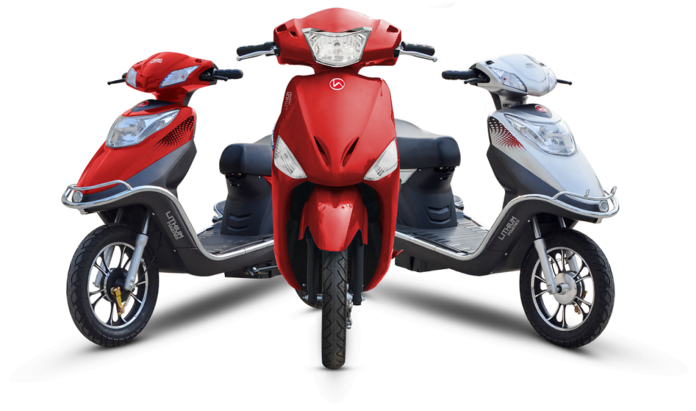With more and more Indians adopting the social distancing norms, the private vehicle sector is poised to witness a significant momentum in the country making way to a substantial increase in the adoption of electric vehicles as the idea of clean-energy alternatives are becoming more mainstream. Post COVID-19, the global electric vehicle and electric vehicle infrastructure market is projected to reach 4.18 million units by 2021 from an estimated 3.42 million units in 2020, at a CAGR of 22.1% and India is expected to be a significant contributor to this growth.
The impact of COVID-19 witnessed air pollution plummet to unforeseen levels at 60% in New Delhi, presenting an opportunity towards the adoption of smarter and sustainable mobility solutions as consumers have taken note of the dramatic improvement in the air quality since lockdown. The ongoing coronavirus pandemic is likely to change the way Indians commute.
While the majority of Indians would prefer private vehicles to reduce the odds of catching the contagious virus, they would also look for safer and economical commuting options leading to a further increase in the adoption of Low and City speed electric scooters, due to low purchase price and extremely low running costs besides ease of use, and low maintenance. Switching from ICE to Electric vehicles would also reduce any travel pitstops at the fuel stations given the fact that electric vehicles are supported by portable batteries further increasing the concept of contactless transportation thereby enhancing consumer confidence in these troubled times.
Mr. Sohinder Gill, CEO of Hero Electric said, “The latest Harvard report of the adverse effect of air pollution particularly the PM 2.5 emitted from IC vehicles on COVID-19 patients is an eye opener. Given the upcoming ‘new normal’ era, consumer focus on sustainable mobility options, preference of sensibly priced electric two-wheelers, and reluctance in going back to the overcrowded public transport system; Hero Electric foresees an exponential increase in the number of electric vehicles on road post lockdown. We have with us a wide range of electric scooters that have zero tail pipe emissions, priced between Rs.40000 to 70000 and have extremely low running costs.”
Considering the current scenario, it is almost certain that the Indian automotive sector will not be going back to the old normal market anytime soon. The new normal will bring in many challenges but multiple opportunities with it as well and Hero Electric is aptly prepared for it.
To make the adoption of electric vehicles effortless, Hero Electric has recently announced an online sales scheme on its entire range. Taking the online-first approach, Hero Electric has been able to act very quickly and take advantage of the time on hands by introducing a lucrative online scheme – INR 5,000 cash discount (all models) and INR 3,000 cash discount on Glyde and e-Velocity, along with referral discount of INR 1,000 – for potential Hero Electric customers and the response has been rather encouraging. Limited to all online bookings made starting from 17 April till 15 May 2020, customers can take delivery of vehicles any time after the lockdown opens.




